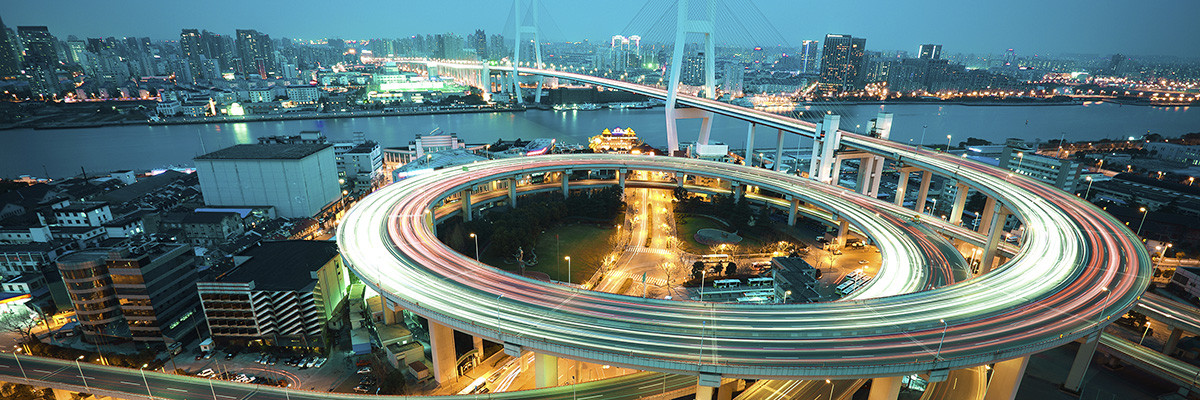
Authors
-
Melanie Janin
Former Managing Director, Communications, BSR
Melanie Janin, Managing Director, Communications, BSR
Recently, we spoke to BSR’s new Advisory Services Director Lin Wang, who is leading our Shanghai office, following several years at IKEA. She provided her thoughts on the changing face of sustainable business in China and next steps for BSR in the region.
For more than 15 years, you’ve worked on social and environmental sustainability issues for companies operating in China. How has corporate knowledge and expertise on this topic changed over this period?

Companies in China today take a more integrated approach to corporate responsibility as part of their core business. Most large companies now have their own CSR department.
In addition, from a compliance point of view, corporate codes of conduct today are more aligned with Chinese labor and environmental law. Public awareness of fair labor conditions and environmental justice has increased quickly, along with implementation of the country’s labor laws and environmental regulations. These changes are the result of increased business competitiveness in the Chinese market, which has required factories to operate efficiently and to attract a younger generation of workers who are better educated and more aware of their rights.
These factors have encouraged business to go beyond monitoring, using a partner approach to develop more sustainable, transparent relationships with factories.
What supply chain challenges do you think are specific to global companies operating in China?
Traceability and accountability of the complete supply chain is a challenge. Improvements in factory management are critical to bringing Chinese business to the next level, in a context where production costs are increasing, labor is in short supply, and employees and the public have high expectations of companies regarding environmental concerns—especially carbon emissions and water efficiency. Finally, the labor profile is changing significantly; workers have a better understanding of their overall rights and benefits—and consider these to be important issues.
At IKEA, you worked on the business opportunities that surround sustainable solutions. What was the most promising sustainability solution you were involved in while working at IKEA in China?
I worked on changes to IKEA's product design approach around sustainable materials, such as cotton produced in a more sustainable way. IKEA’s sustainability scorecard evaluates product impacts, from the use of raw materials, to energy and water efficiency in production, to social compliance. I was also involved in an initiative that encouraged suppliers to invest in renewable energy, such as solar panels, as well as community engagement through social projects.
One topic we are exploring at the BSR Conference 2014 is the global-local dynamic for companies implementing sustainability strategies in multiple locations. What are your thoughts on this topic?
It is often challenging for local experts to understand the big picture and to implement projects designed from a global perspective. At the same time, the global team may not realize the tactical opportunities that could make a difference in the field. Local teams welcome technical knowhow and hands-on solutions, which are important to a successful global-local dynamic.
What kind of work and priorities will BSR’s new office in Shanghai focus on in the coming months?
We’ll be focused on building a solid team with in-depth knowledge on supply chain issues. This will include a focus on worker rights and women’s empowerment issues. Our overall goal is to connect and engage with BSR members and relevant stakeholders to identify new sustainable business solutions.
Let’s talk about how BSR can help you to transform your business and achieve your sustainability goals.